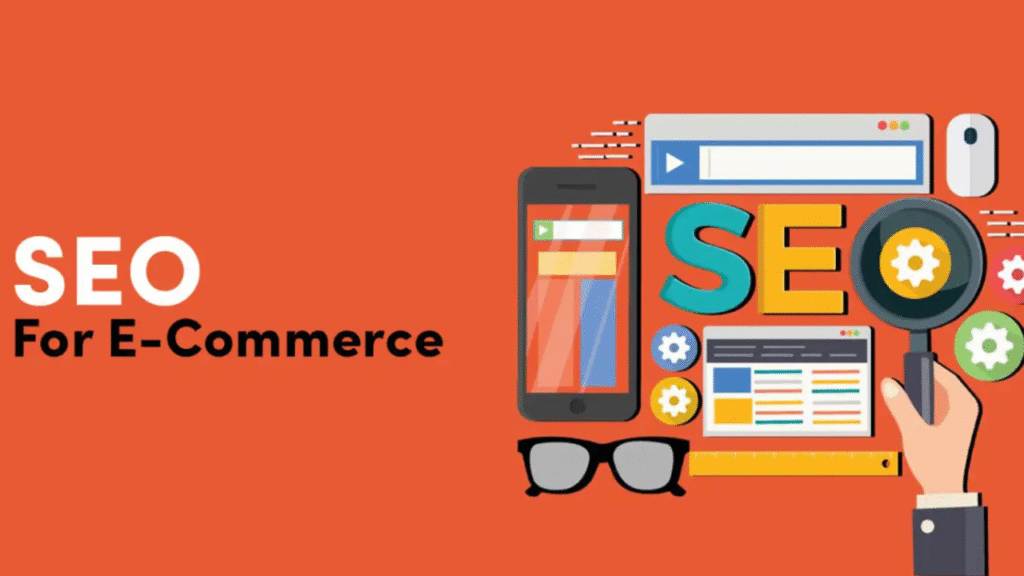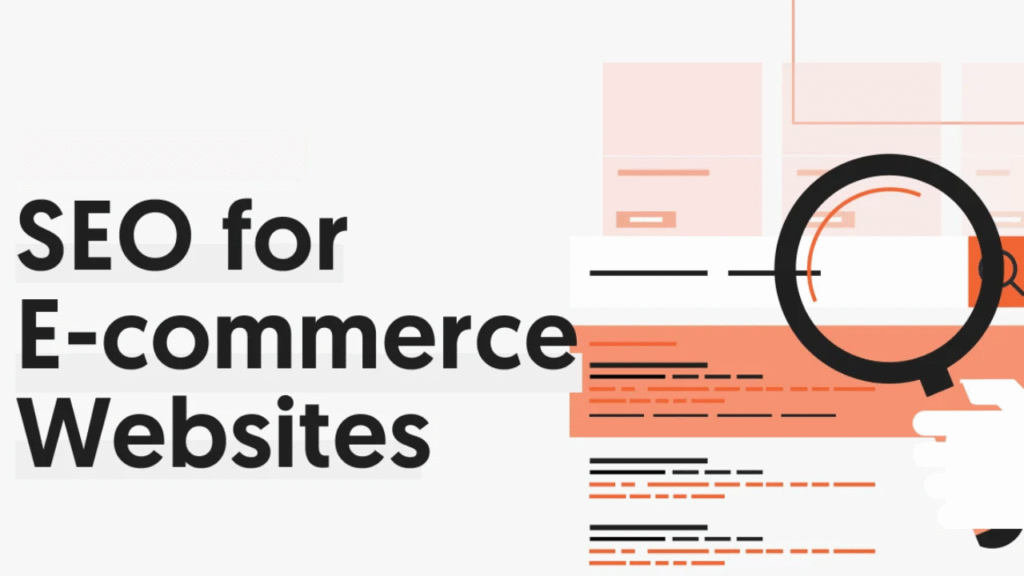Imagine this: you have a wonderfully designed online store, excellent products and competitive prices. But if your shop is buried on page five of Google, how will they find customers? It is here that SEO for E-Commerce(optimization of search engines) becomes the best seller of your online store. Well done, SEO for E-Commerce can place your products for people when they are ready to buy.
Seo against paid ads: because long -term organic profit wins
Of course, paid ads can give you a quick increase in sales, but they stop as soon as you stop paying. SEO for E-Commerce is different – it is an investment that continues to reimburse. As soon as the pages of the product are high in the search results, you will continue to attract buyers without spending any click.
Begins with the search for keywords
Considering the search for keywords as market research for the Internet. You have to know what your customers enter Google when you are looking for your products.
Use tools like Google -Treff word Planner, Ahrefs or Semrush.
Concentrate on keywords with a long tail as “the best vegan leather laptop bag” instead of “laptop bag”.
Look for the conditions with the intention of the buyer: people who are ready to click “Add to cart”.
Optimize the pages of the product
The pages of your product are where magic happens. A well -optimized page should:
Have a Title of Product Clear and Keyworld
Add a convincing meta-writing
Use high quality images with old descriptive tags
Determine the unique descriptions of the product (do not copy the manufacturer’s text!)
Add opinions and FAQs to establish confidence
Remember that Google likes the unique and useful content and the buyer.
Technical SEO: The push behind the scenes
You cannot see technical referencing, but your classification lists depend on it. For electronic commerce, this means:
Fast load pages (because no one is waiting for 3 seconds)
User -friendly design (most purchases are now made on phones)
Surf safely with HTTPS
Clean location architecture with simple navigation
An XML site so that Google can find all your products
Imagine technical referencing as the basis of your business. Without them, the best content can collapse.

Category pages: your secret weapon
Many shop owners focus only on individual products, but the category pages can be SEO gold. Why? Because buyers often seek types of product, no exact item.
Example: “Running Shoes for Women” is a category. If your category page is classified, you can suddenly transfer buyers to several associated products.
Content marketing for electronic commerce
The content does not only apply to blogs – it is a sales tool. Create content that solves problems or inspire ideas:
Purchase of guidelines (“how to choose the right hiking backpack”))
Comparison article (“Product A against Product B – What is best for you?”)
Seasonal trends lists (“Top 10 summer dresses in 2025”)
Each content can connect directly to its product pages and move in organic traffic.
Link Building: get votes from trust
In SEO they are connections as recommendations. The most high quality websites connect to your shop, more reliable Google thinks you are.
He works together with bloggers and influencers for product reviews
They are mentioned in niche -Pafule
Offers places for guests with relevant sites
Avoid spam farms – Google can identify those of a mile distance.
User experience (UX) = SEO performance
Search engines ensure that people interact with their website. If buyers descend quickly or come up against confusing menus, it is a signal that does not deliver their website.
Facilitate navigation
Use clear views of the shares (“Buy now”, “Add to the basket”).
Make sure your payment process is short and painless
If users stay longer and get involved, their classification improves.
Local SEO for physical companies
If your SEO for E-Commerce business also has a physical location, local SEO can drive both online and in-store sales.
Claim your Google Business Profile
Optimize for “near me” searches
Include store locations, opening hours, and local keywords on your site
This way, when someone nearby searches for your product, your store pops up.
Tracking & Measuring SEO Success
You can’t improve what you don’t measure. Use Google Analytics and Google Search Console to track:
Which keywords bring in the most visitors
Your conversion rates
Where your site ranks for important search terms
Regularly review and tweak your strategy—SEO for E-Commerce is a marathon, not a sprint.
SEO MUNICIPAL ERRORS to avoid
The owners of expert shops are also sliding. Some pitfalls are:
Filling of keywords (it seems unnatural and hurts the ranking)
Ignore mobile optimization
Use double content on multiple pages
I forgot to update the old pages of the product
The solution? Maintain a natural, user -oriented SEO and regularly updated.
Read More: Free SEO Tools Every New Blogger Should Try
Conclusion
SEO for E-Commerce does not concern Google-It misleading is the creation of the best online shopping experience and ensuring that search engines can see it. By focusing on the right keywords, optimizing the pages of products and categories, building connections and offering a regular shopping experience, you can transform random browsers into faithful buyers.

